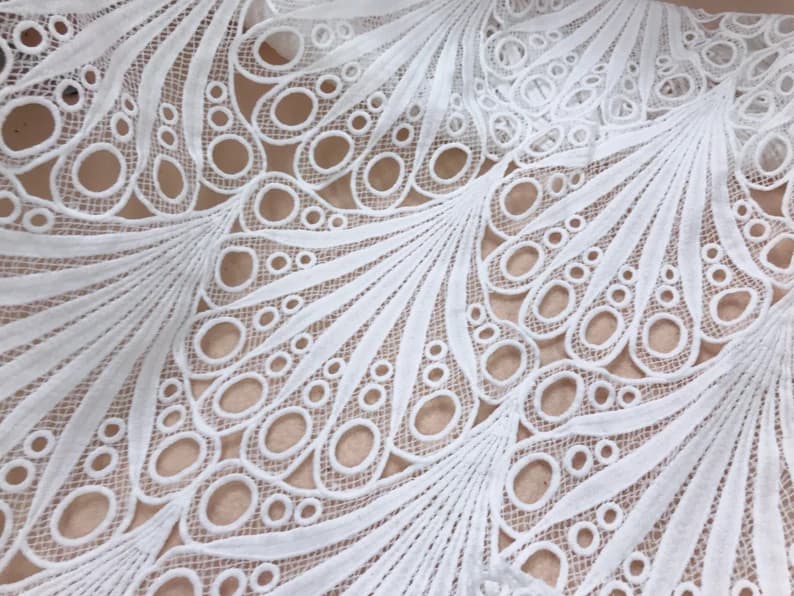As mentioned in the last dialogue, there may be times when we want to stick with a topic for more than one session. This week we’ll do so in revisiting the topic of “Sorrow” with which I don’t think we finished two dialogues ago.
Krishnamurti on Sorrow:
Sorrow is grief, uncertainty, the feeling of complete loneliness. There is the sorrow of death, the sorrow of not being able to fulfil oneself, the sorrow of not being recognized, the sorrow of loving and not being loved in return. There are innumerable forms of sorrow, and it seems to me that without understanding sorrow, there is no end to conflict, to misery, to the everyday travail of corruption and deterioration. There is conscious sorrow, and there is also unconscious sorrow, the sorrow that seems to have no basis, no immediate cause. Most of us know conscious sorrow, and we also know how to deal with it. Either we run away from it through religious belief or we rationalize it, or we take some kind of drug, whether intellectual or physical; or we bemuse ourselves with words, with amusements, with superficial entertainment. We do all this, and yet we cannot get away from conscious sorrow. Then there is the unconscious sorrow that we have inherited through the centuries. Man has always sought to overcome this extraordinary thing called sorrow, grief, misery; but even when we are superficially happy and have everything we want, deep down in the unconscious there are still the roots of sorrow. So when we talk about the ending of sorrow, we mean the ending of all sorrow, both conscious and unconscious. To end sorrow one must have a very clear, very simple mind. Simplicity is not a mere idea. To be simple demands a great deal of intelligence and sensitivity. - J. Krishnamurti
It would be a marvelous thing if in the process of your listening - unemotionally, not sentimentally - to what is being said…you could really understand sorrow and be totally free of it; because then there would be no self-deception, no illusions, no anxieties, no fear, and the brain could function clearly, sharply, logically. And then, perhaps, one would know what love is. - Book of Life
Dialogue Format:
-
Opening comments
-
Reading of the quote
-
5 minutes of silence
-
Dialogue
-
Closing comments
Zoom Link:
Date: 1st and 3rd Saturdays of each month
Time: 5 PM Greenwich Mean Time (7 AM HST, 9 AM PST, 11 AM CST, 12 PM EST, 5 PM GMT, 6 PM CET, 10:30 PM IST)*
Duration: 2 1/2 hours
You can find the Zoom Link to join the meeting in the dialogue groups section on your account page.
If you haven’t yet registered for the group, you can do so here.
